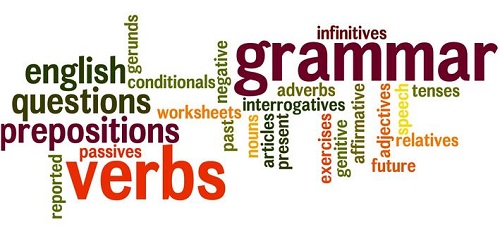Difference Between “Shall” and “Will” in English Grammar

“Shall” vs. “Will” in English Grammar
“Shall” and “will” are modal auxiliary verbs in the English language that are often misused and commonly confused with each other. Both verbs indicate the future tense and suggest a variety of implications depending on the situation in which they are used.
Traditionally, the term “shall” is used to indicate the simple future in the first person, whether in singular or plural form. In the second and third person, “shall” indicates a sense of determination and certainty. The rule works in reverse when using the term “will.”
In British English, both “shall” and “will” are used to indicate the same time and action. They can also be used almost interchangeably. In American English, however, the term “will” is used more often. For Americans, the word “shall” indicates a certain pretension or haughtiness, while the term “will” denotes a casual air or a sense of friendliness. “Shall” is still used, though not as often, in legal and other formal documents or a pompous piece of work.
Both “shall” and “will” can be used as part of interrogative and declarative sentences. They indicate requests, promises, and intentions – but there are differences when it comes to context. The word “shall” indicates suggestions, offers, politeness, necessity, and, in legal terms, requirements and obligations. On the other hand, the word “will” creates an atmosphere of willingness, prediction, natural behavior, and habitual occurrence.
The etymologies of the two words also differ. The word “shall” comes from the Old English verb, “sculan,” which means “obliged, destined, or supposed.” Meanwhile, the term “will” took root from the verb “willa,” which means “wish, be willing.”
Another difference between the two terms is the power of implication. When you use the word “shall,” there is an implication of power and authority between the two parties. There is a kind of certainty. In contrast, the word “will” is much less formal and rigid, and it implies an equality between the speakers. The word “will” is also used as a noun that pertains to a legal document that records the wishes of a person in the event of death or misfortune.
Summary:
- “Shall” and “will” are two of the most misused and confused verbs in English grammar. Both verbs are modal auxiliary verbs that indicate future tenses or expectations. In addition, both “shall” and “will” function as an indicator of context and as part of an answer or question.
- The term “shall” is often used in the British English, while the term “will” is predominant in American English. However, the British use both “shall” and “will” almost interchangeably. In American English, the term “shall” is almost not in use except for formal occasions or written works because Americans look at the term “shall” as something that denotes haughtiness. The term “shall,” the way Americans see it, infers an authoritative delivery.
- Both “shall” and “will” indicate particular situations or contexts in which they are used. For example, “shall” is used in formal situations to indicate power and authority. Meanwhile, “will” is used in casual situations, hinting at equality between the speakers.
- Specific situations also require the use of “shall” and “will” in different functions. “Shall” is often used for insinuating suggestions, offers, determinations, certainties, politeness, requirements, obligations, and necessities. “Will,” on the other hand, gives the impression of prediction, willingness, and natural or habitual actions. Common areas where both terms are used are indications of promises, requests, and intentions.
- Etymology is also a point of difference between the two. Both are verbs, but their root word indicates the intensity and quality of action. “Shall” came from the word “sculan,” which indicates force or intense compliance; “will” came from the word “willa,” which indicates voluntary compliance.
- Differences Between Fraternity And Sorority - January 8, 2014
- Differences Between Lucite and Plastic - January 7, 2014
- Differences Between Oil and Butter - January 6, 2014
Read More ESL Articles
Search DifferenceBetween.net :
1 Comment
Leave a Response
References :
[0]http://englishgrammarcourse.wikispaces.com/

Hi thank for this explication. I am Learning English and this work was of great utility.
Bye.